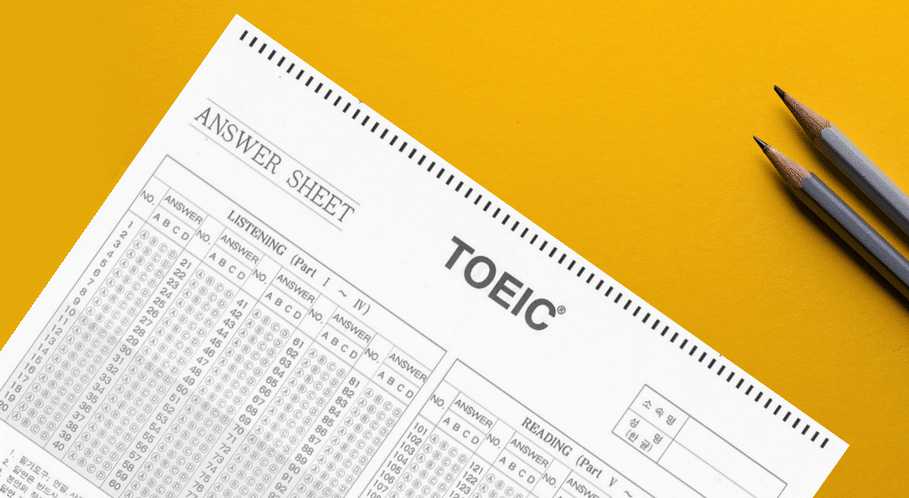This relates to TOEIC Case Update 2017 and highlights the details and implications of the TOEIC Test Court Decision 2017, Ahsan v Secretary of State, on Dec 05, 2017. This affects more than 45,000-50,000 TOEIC Victims, who now can challenge their deportation orders and refusals decisions so as not only to re-enter the UK but also to get compensation for their losses. If you are a TOEIC Victim and a TOEIC affected student, then you may contact us to discuss with specialist legal advisers, who have remained instrumental in the TOEIC Case preparation and proceedings.
An In-Country Right of Appeal for Accusers of TOEIC Cheating
TOEIC Test Court Decision 2017– In summary, all migrants accused of cheating on the ETS/TOEIC English Language Test have an opportunity to challenge the decision in-country. A fundamental right that should have been granted from the outset but in any event is now almost guaranteed following the conclusion of Ahsan v Secretary of State for the Home Department
An Out-of-Country Appeal Right is not an Effective Remedy
What the Court holds is that an out-of-country appeal right is not an effective remedy in the following circumstances where:
- it would be necessary for the appellant to give oral evidence on such an appeal; and
- facilities for him/her to do so by a video-link from the country to which they will be removed are not realistically available.
Impact on Home Office Policy to Certify Immigration Decision
Although the case is critical for all migrants affected by the ETS/TOEIC stigma, this case is likely to have a notable impact on the Home Office’s policy to certify immigration decision so that applicants are again left with no in-country right of appeal. The Court of appeal found that the certification of one of the applicant’s case is subject to be quashed. The ruling does not directly depend on the issue of whether or not the appellant deceived in his/her TOEIC test, but the Court makes some observations about the appropriateness of certification where that is the determinative issue.
Who are TOEIC Victims?
It is estimated that approx 45,000-50,000 migrants were either deported or refused an entry clearance to the UK because of the TOEIC Scam. The main TOEIC Victims, however, are international students, who opted for TOEIC instead of other approved English Language Test so as to fulfil student visa application requirements, especially for Tier 4 Student Visa. And as a consequence of the decision of the Upper Tribunal, which has ruled that the deportation on the basis of TOEIC Scam unlawful, there is an opportunity for the TOEIC Victims to challenge their deportation/refusal decision so as to not only re-enter the UK but may also get compensation for their losses.
Background of the TOEIC Scandal
TOEIC had been one of the approved English Language Test till 2014, and applicants used to appear in TOEIC for many different types of UK Visas and Immigration Applications such as Tier 1 Entrepreneur, Tier 1 General, Tier 2 General Worker, Tier 4 Student, Settlement etc.
Like any other Test provider, TOEIC was conducted at designated and approved test centres inside and outside the United Kingdom.
In February 2014, BBC’s Panorama documentary revealed the malpractices in the approved English Language Test provider, i.e. students in connivance with a few test centres were getting the requisite English Language Certification rather than adequately preparing and appearing the test.
Accordingly, the matter was investigated by the Home Office. Subsequently, the Home Office used these findings to deport more than 45,000 international students. Therefore, instead of using the evidence of fraud against the identified applicants, the Home Office used the evidence of its limited findings to deport migrants en mass without much rhyme or reason and case-specific details, i.e. whether a student or migrant has obtained the certification from TOEIC.
